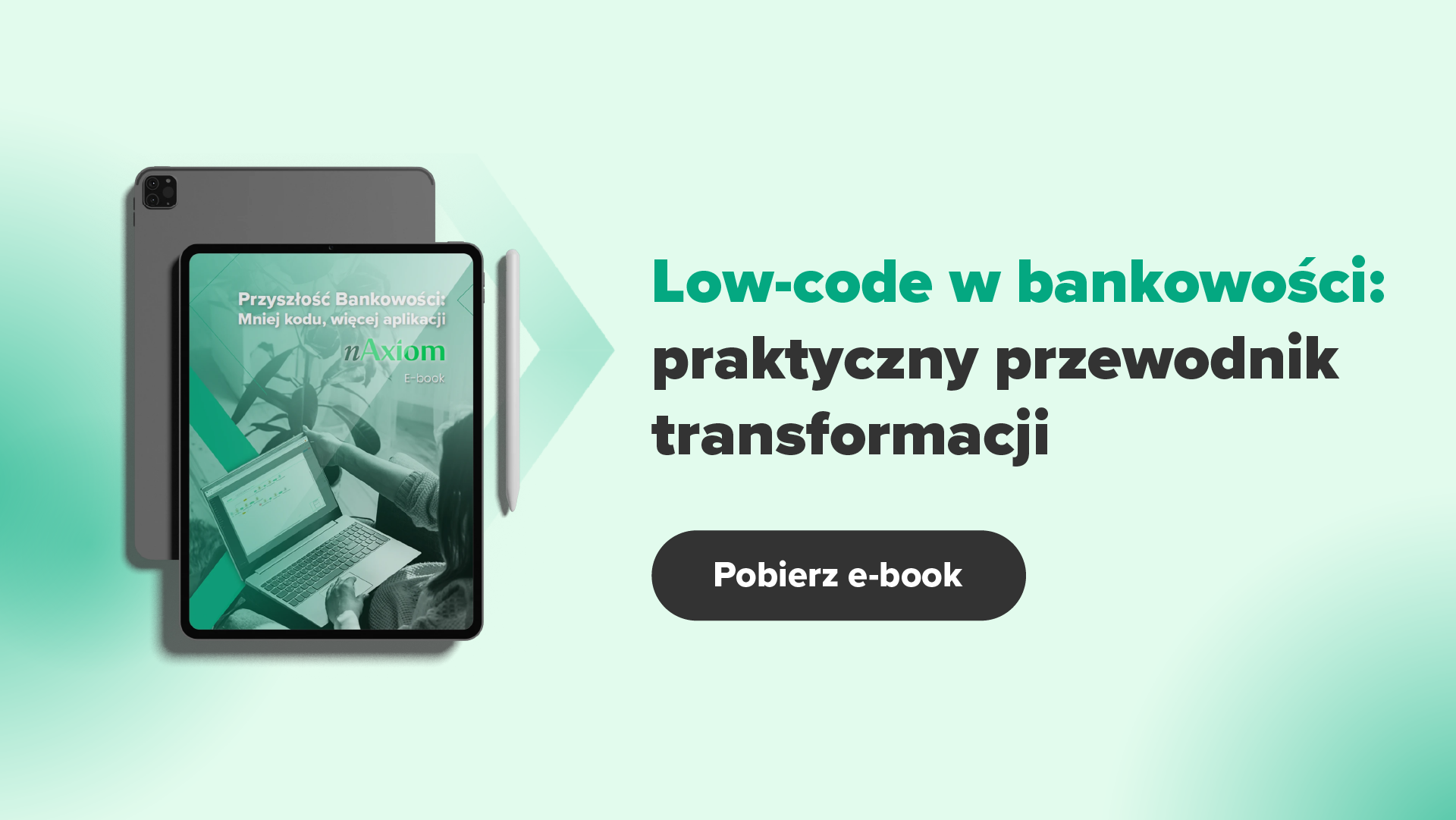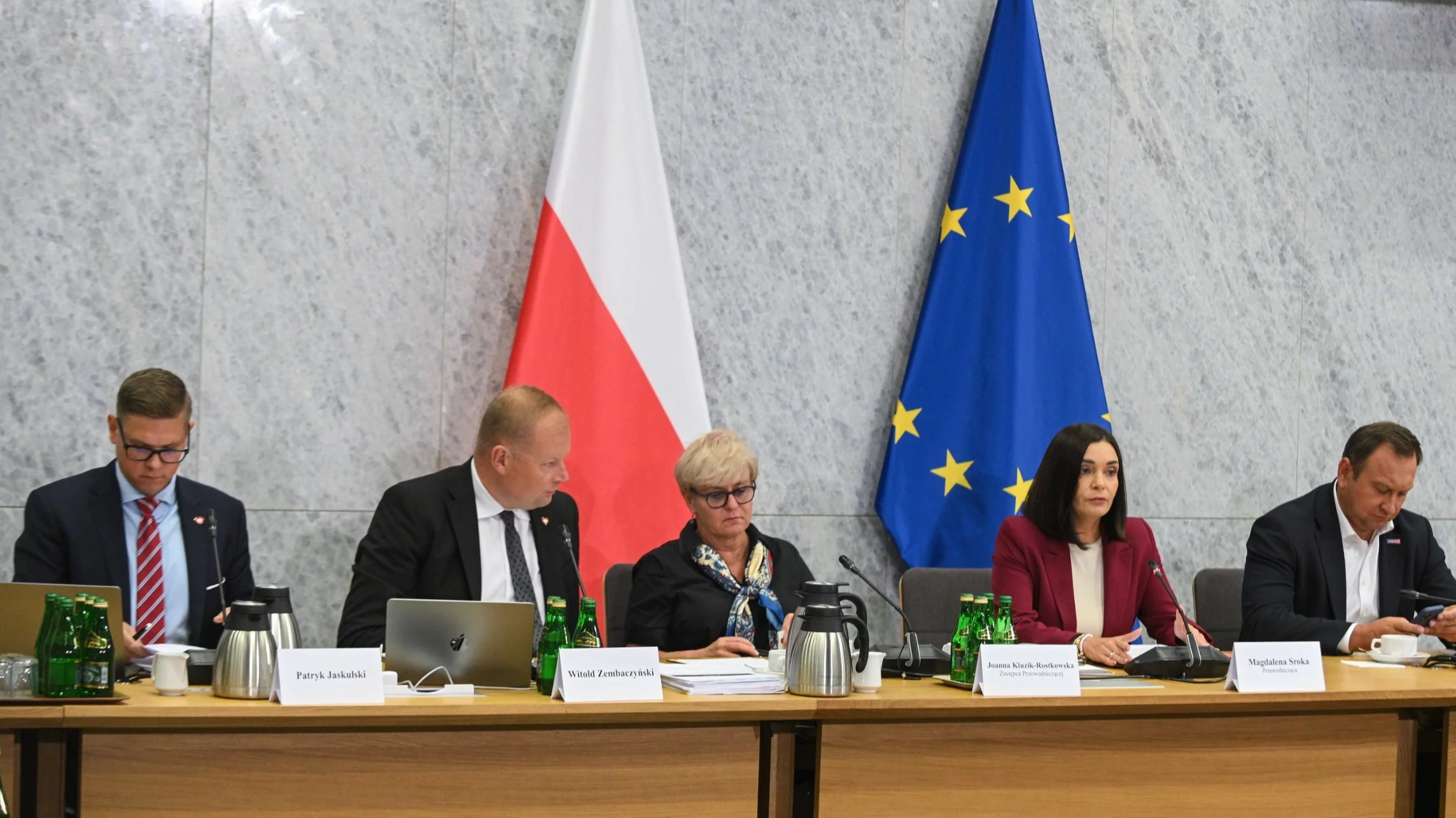Chancellor Rachel Reeves has announced £26 billion in tax rises, including a controversial freeze on income tax thresholds and the scrapping of the two-child benefit cap. The budget aims to tackle the cost of living crisis and lift half a million children out of poverty, but faces immediate accusations of breaking Labour's election promise not to raise taxes on working people.
The tax rises include a new pay-per-mile levy for electric vehicles, higher taxes on online betting, and a "mansion tax" on homes worth over £2 million. But the most contentious measure is the decision to continue freezing income tax thresholds from 2028 to 2031 - the Conservatives introduced this policy, which will drag 780,000 more people into the basic rate and 920,000 into the higher rate by 2029/30.
The abolition of the two-child limit for universal credit will cost £3 billion a year by 2029/30. Around 100,000 families across Yorkshire and the Humber alone will benefit from the change, with 60% of those families having parents in work.
Real-world impact
Chloe Crichton, a 25-year-old mother of three, welcomed the benefit cap removal in an interview with the Mirror. She has a five-year-old son and three-year-old twin girls, and the financial pressure of parenting forced her family to move in with her mother when her son was just 10 months old.
"Being a parent is wonderful, but the costs can be overwhelming [...]," she told the Mirror. "I haven't been able to go back to work after having the girls, because the nursery fees would be more than my monthly salary as a mental health support worker."
Chloe and her partner Ethan spend more than £200 monthly on costs like uniforms, nappies, and family activities, leaving them with around £350 in disposable income after bills. "It does feel like things have got a lot more expensive for parents in the past few years - especially for things like food and groceries [...]," she said.
Political defence
Reeves insisted the threshold freeze did not breach Labour's manifesto commitment. She told Sky News: "I do recognise that that will mean that working people pay a bit more. But I've kept that contribution to an absolute minimum by closing [...] a number of tax loopholes and also bearing down on Government spending, on waste and inefficiency."
The Chancellor told Times Radio she rejected claims of hiking workers' taxes for welfare. The OBR's revisions to productivity will reduce tax revenue by £16 billion. "The OBR say that their revisions to productivity, reflecting the Conservatives' legacy, is going to mean £16bn less tax revenue, and as a result, we have to fill that gap [...]," she said.
Prime Minister Sir Keir Starmer backed Reeves in his first public comments on the budget, calling the scrapping of the two-child cap a "long-standing ambition" and an "abhorrent" Tory policy. He told reporters: "I'm proud to be the Prime Minister who has done more on child poverty than any prime minister ever."
Expert criticism
The Resolution Foundation sharply criticized the approach, arguing that raising income tax rates by 1p would have been less costly for people earning below £35,000 than freezing thresholds. "Indeed, all but the top 10% of the income distribution are worse off because of opting for threshold freezes over rate rises (which raise similar amounts of revenue)," the Foundation stated.
Ruth Curtice, chief executive of the Resolution Foundation, told the BBC that threshold freezes and other measures kick in from 2028 onwards. "Those threshold freezes kick in in 2028. Some of the other measures also not coming in – for example the mansion tax and the salary sacrifice – until 2028, so that's when most of the pain from this Budget will be felt," she said. "This Parliament is set to be second only to the last parliament for (living) standards... This decade continues to look really, really tough."
MoneySuperMarket's Household Money Index shows broader financial pressure on families - parents with children under three spend 76% of their income on bills and essential outgoings, leaving them with approximately £200 less disposable income than the average person. Three-quarters of families have reduced spending on essentials, with 25% cutting back on food shopping.
Reeves remained defiant. When challenged on Times Radio, she said: "lots of people have tried to write me off over the last 16 months, and you're not going to write my obituary today."
Note: This article was created with Artificial Intelligence (AI).



![Niemiecka Alternatywa. Co oznacza wzrost AfD dla Polski [ANALIZA]](https://cdn.defence24.pl/2025/11/24/1200xpx/bTDwsJl4C1KZ8ybaRR2e9obFKWxNSbdaRgn57f97.rpx5.jpg)








